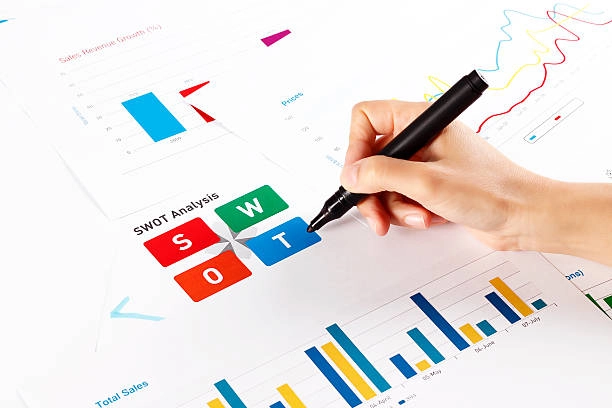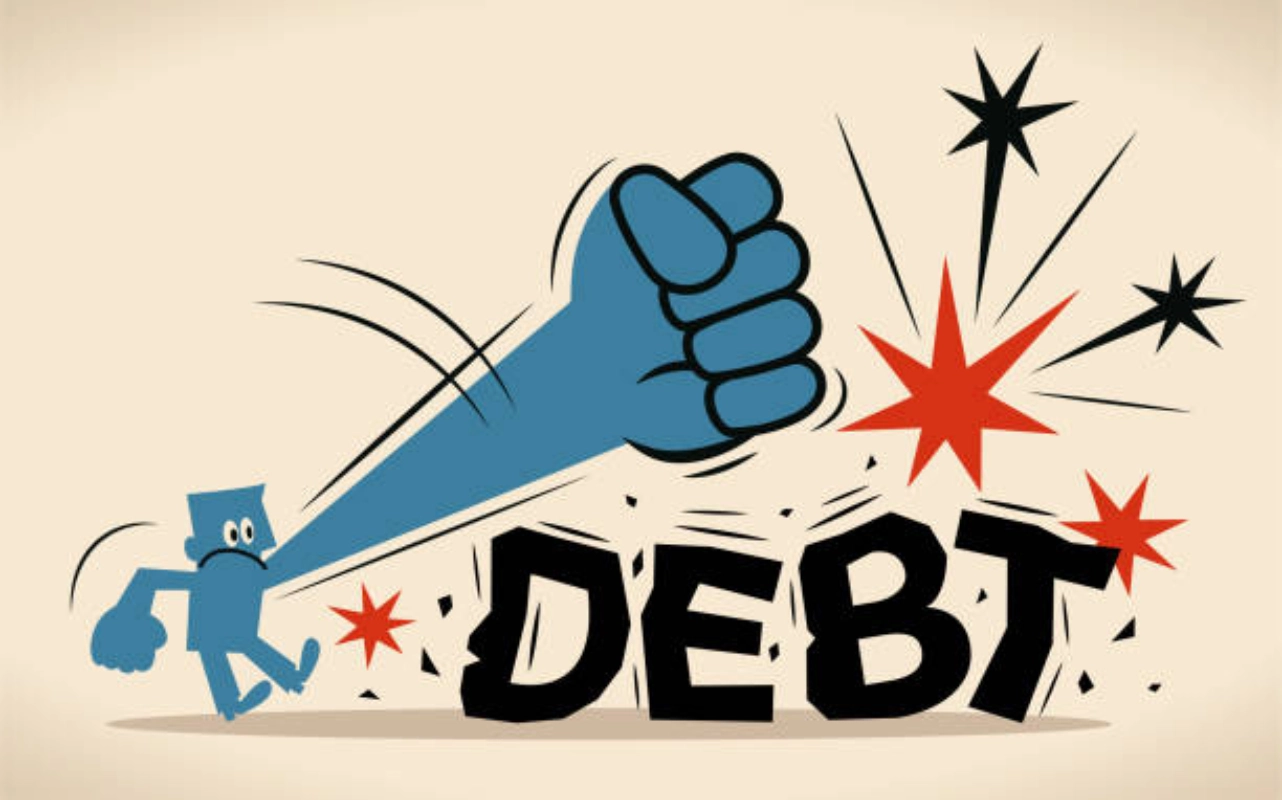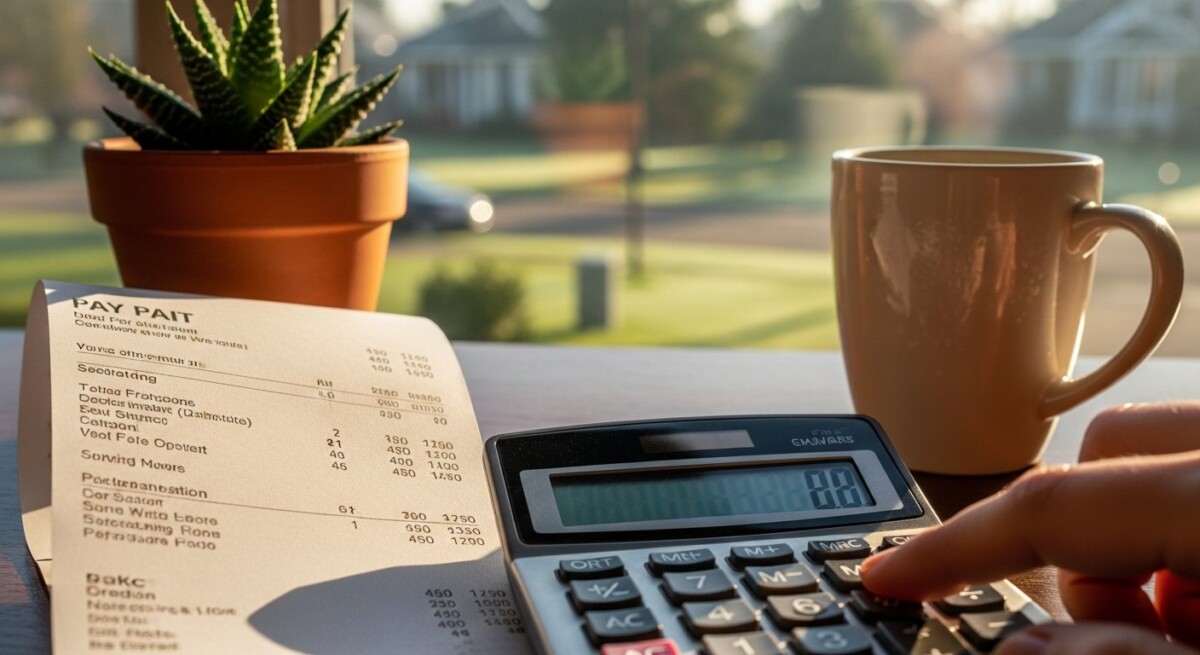Understanding Bankruptcy and Its Consequences
Bankruptcy is a legal process designed to help individuals or businesses overwhelmed by debt. It provides an opportunity to either eliminate or restructure financial obligations under court supervision. However, filing for bankruptcy has long-term implications, including a significant impact on your credit score, which can remain on your record for up to ten years.
Depending on the type of bankruptcy filed, certain assets may be liquidated to repay creditors.
Chapter 7 may require selling non-exempt assets, whereas
Chapter 13 allows individuals to create a structured repayment plan while keeping their assets. Additionally, bankruptcy can affect personal relationships, self-esteem, and borrowing opportunities, making it essential to carefully assess this option before proceeding.
If you’re struggling with unmanageable debt and considering legal options, check out our guide on
Debt Settlement vs. Bankruptcy to determine which path suits you best.
Types of Bankruptcy
- Chapter 7 Bankruptcy: Known as liquidation bankruptcy, it involves selling non-exempt assets to pay off creditors. This option is best suited for those with limited income and overwhelming debt.
- Chapter 13 Bankruptcy: This allows individuals to restructure their debt and follow a repayment plan over 3-5 years while keeping their assets.
- Chapter 11 Bankruptcy: Mostly for businesses, allowing them to restructure their debt while continuing operations.
Understanding these types helps in making an informed decision about whether bankruptcy is the right choice for your situation.

Ready to connect with top legal professionals? Get immediate support— Call us at 877-550-8911.
Connect with Our Legal Team
Debt Consolidation: A Manageable Alternative
Debt consolidation combines multiple debts into a single loan with a potentially lower interest rate, simplifying monthly payments. This method is particularly beneficial for individuals dealing with high-interest credit card debt or multiple loans. Unlike bankruptcy, debt consolidation does not negatively impact your credit for an extended period and allows you to retain control over your financial assets.
Debt Consolidation Methods
- Personal Loans: Borrowing a lump sum to pay off all debts and making fixed monthly payments.
- Balance Transfer Credit Cards: Transferring multiple debts onto a single card with a lower interest rate.
- Home Equity Loans: Using home equity as collateral to secure a low-interest loan for debt consolidation.
- Debt Management Plans: A structured plan through a credit counseling agency to repay debts over time.
Each method has its pros and cons, and choosing the right one depends on your financial situation and credit score.
Key Differences Between Bankruptcy and Debt Consolidation
One major difference is the impact on credit. Bankruptcy can lower your credit score significantly and remain on your record for years, while debt consolidation may only cause a temporary dip. Bankruptcy may also require asset liquidation to repay creditors, whereas debt consolidation allows you to keep your property while managing repayments.
Another factor to consider is the complexity of the process. Bankruptcy involves legal proceedings and court involvement, whereas debt consolidation is a financial strategy that does not require legal action. While bankruptcy provides relief by discharging debts, it comes with long-term credit repercussions. On the other hand, debt consolidation offers structured debt management with fewer long-term financial consequences.
How Bankruptcy Affects Your Credit Score
Filing for bankruptcy can lead to a substantial drop in your credit score, making it difficult to secure loans, rent a home, or obtain favorable interest rates. It stays on your report for up to ten years, making financial recovery a long-term process.
In contrast, debt consolidation initially causes a minor credit score dip due to the hard inquiry from lenders. However, making consistent payments can improve your credit over time. This makes debt consolidation a more appealing option for those who can still manage their debt with structured payments.
If you’re looking for legal insights on bankruptcy laws in Texas, visit
U.S. Courts for detailed guidelines.
The Impact of Debt Consolidation on Your Financial Future
Debt consolidation offers a structured approach to handling debt, potentially reducing financial strain by securing lower interest rates. While this method does not erase debt, it simplifies payments and allows individuals to regain financial control. Those who choose this option must maintain disciplined financial habits to prevent future debt accumulation.
Benefits of Debt Consolidation:
- Lower interest rates.
- Simplified monthly payments.
- Improved credit score with consistent payments.
- Avoidance of legal proceedings.

When to Consider Bankruptcy Over Debt Consolidation
Bankruptcy should be considered when your debt is unmanageable, and repayment is impossible. If creditors are pursuing legal action against you and debt consolidation is not feasible due to extreme financial hardship, bankruptcy might be the only option.
On the other hand, debt consolidation is preferable if you can still make monthly payments but need better interest rates. If you want to avoid long-term credit damage and seek a solution without legal proceedings, consolidating your debt could be the right choice.
Additional Alternatives to Bankruptcy and Debt Consolidation
- Debt Settlement: Negotiating with creditors to pay off a portion of the total debt.
- Credit Counseling: Seeking financial guidance to manage debts effectively.
- Budgeting and Expense Reduction: Cutting unnecessary expenses to allocate more funds toward debt repayment.
These alternatives can help manage debt without resorting to drastic measures like bankruptcy.
Making the Right Choice for Your Financial Situation
Deciding between bankruptcy and debt consolidation requires evaluating your total debt, monthly income, and financial stability. Consulting with financial experts can help you determine the best path forward. While bankruptcy may provide a fresh start, debt consolidation offers a less damaging way to regain financial control.
Steps to Take Before Choosing Bankruptcy or Debt Consolidation
- Assess your total debt.
- Check your credit score.
- Compare interest rates and loan terms.
- Consult a financial advisor or credit counselor.
- Review all possible alternatives.
FAQs
1. How does bankruptcy affect my credit score?
Bankruptcy can lower your credit score by 100 points or more and remain on your credit report for up to ten years.
2. Is debt consolidation a good alternative to bankruptcy?
Yes, debt consolidation can help manage debts without the severe consequences of bankruptcy, especially if you have a steady income.
3. What types of loans can be used for debt consolidation?
Common options include personal loans, balance transfer credit cards, and home equity loans, each with different benefits and risks.
4. Can I keep my assets if I file for bankruptcy?
It depends on the type of bankruptcy. Chapter 7 may require asset liquidation, while Chapter 13 allows you to keep assets with a repayment plan.
5. How do I decide between bankruptcy and debt consolidation?
Consider factors like debt amount, income stability, and long-term financial goals. Consulting a financial expert can also provide clarity.
6. Will debt consolidation eliminate my debt completely?
No, debt consolidation restructures your debt into manageable payments but does not erase it like bankruptcy.
By carefully evaluating your financial situation and seeking expert guidance, you can make the best decision to secure your financial future.
Don’t wait to secure the legal representation you deserve. Visit Legal Case Review today for free quotes and tailored guidance, or call 877-550-8911 for immediate assistance.





